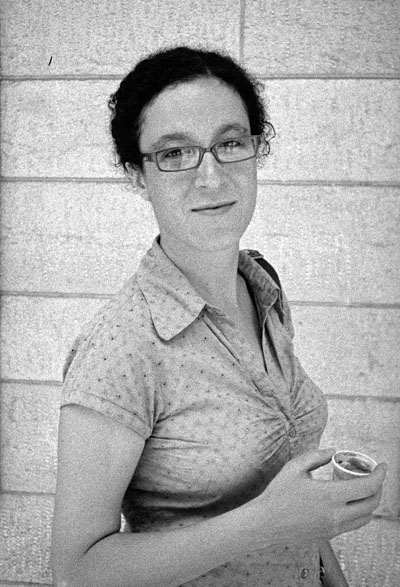Global governance is based on the idea that international cooperation is essential to solve problems too big for local communities and nation-states.
This informal lunch talk takes a historical look at the emergence of the nation-state as the cornerstone of global institutions. With the introduction of the League of Nations’ mandate system after World War I, new borders were introduced into the Middle East. This raised several questions:
How should the states deal with mobility across the newly settled borders? What were the reactions of the peripheries to the centralization within the new states?
In the seminar, Associate Professor Toufoul Abou-Hodeib will take the example of South Lebanon and look at some of these challenges. With a focus on actors that fall out of the nation-state narrative, such as emigrants and peripheries, she will highlight networks in the interwar period that bypassed the Lebanese Republic and continued to tie its periphery socially, economically, and culturally.
The seminar is free and open to all. Lunch will be served.
About the speaker
 Toufoul Abou-Hodeib is Associate Professor at the Department of Archaeology, Conservation and History at the University of Oslo. She qualified as an architect from the American University of Beirut (B.Arch, 1998) before pursuing her graduate studies in Social Sciences at the University of Amsterdam (M.A., 2002) and in History of Culture at the University of Chicago (Ph.D., 2010). Her doctoral dissertation investigates the home's role in mediating the experience of modernity and in formulating cultural "authenticity" for an emerging middle class in late Ottoman Beirut.
Toufoul Abou-Hodeib is Associate Professor at the Department of Archaeology, Conservation and History at the University of Oslo. She qualified as an architect from the American University of Beirut (B.Arch, 1998) before pursuing her graduate studies in Social Sciences at the University of Amsterdam (M.A., 2002) and in History of Culture at the University of Chicago (Ph.D., 2010). Her doctoral dissertation investigates the home's role in mediating the experience of modernity and in formulating cultural "authenticity" for an emerging middle class in late Ottoman Beirut.
After completing her doctoral studies, Toufoul was a fellow in 2010-2011 of the research program "Europe in the Middle East - the Middle East in Europe," Wissenschaftskolleg zu Berlin. In 2011-2012, she was a member of St Antony's College and Lecturer at the Faculty of Oriental Studies, University of Oxford.
